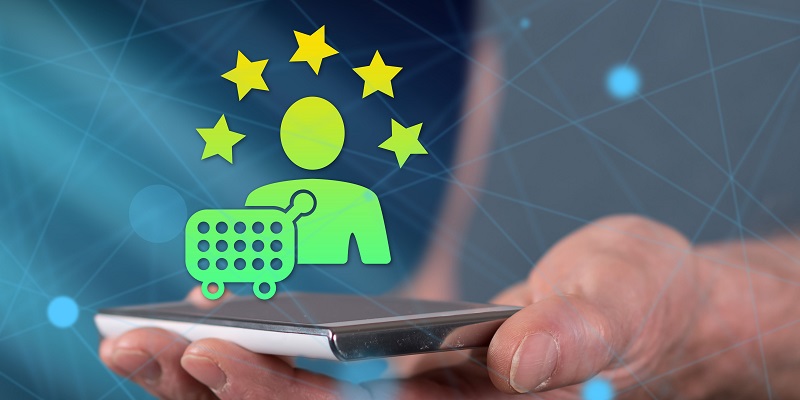In today’s highly competitive business-to-business (B2B) industry, customer loyalty has become increasingly crucial. However, with the lingering effects of supply chain shortages, customers are more willing than ever to switch to competitors if their expectations are not met. The days of assuming customer loyalty out of necessity, ignorance, or fear are long gone, especially when the competition is just one click away. In this article, we will explore the changing landscape of customer loyalty, the new competitive differentiator, the importance of investing in an exceptional buying experience, the impact of customer effort, the value of customer data, aligning with the value proposition, and the need to equip businesses to deliver outstanding experiences tailored to individual customer needs.
The Changing Landscape of Customer Loyalty
As competition intensifies in the B2B arena, businesses cannot rely on customers’ loyalty out of necessity or fear. Customers now have access to a vast array of options and can easily switch suppliers with a mere click of a button. This shift necessitates businesses to take a proactive approach in recognizing and retaining customer loyalty.
The New Competitive Differentiator
Today, the unique selling proposition of a company is no longer primarily based on what they sell, but on how seamlessly they can sell it. Providing a remarkable and hassle-free buying experience has become a crucial differentiator in the B2B industry. It is this smooth experience that instills trust, builds relationships, and paves the way for long-term customer loyalty.
Investing in an Exceptional Buying Experience
To promote loyalty among customers and differentiate themselves from competitors, B2B organizations must invest time and resources in creating an exceptional buying experience. This entails streamlining the purchase journey, providing frictionless transactions, and delivering outstanding customer service. It is essential to continually evaluate and enhance the buying experience to ensure it meets customers’ evolving expectations.
The Rise of Digital Channels
In response to the digital transformation sweeping across industries, an increasing number of B2B customers prefer doing business through digital channels. Therefore, organizations need to align their strategies with this preference. By establishing a robust digital presence, companies can offer customers the convenience, speed, and accessibility they desire, strengthening customer loyalty in the process.
The Impact of Effort on Customer Loyalty
Effort plays a significant role in shaping customer loyalty. A study by Gartner found a clear correlation between customer effort and loyalty. When customers have a low-effort experience, only 9% reported disloyalty, compared to a staggering 96% when the experience required significant effort. Minimizing customer effort becomes crucial in securing long-term loyalty.
Utilizing Customer Data for Loyalty
Customer data holds immense power when it comes to securing loyalty. By leveraging data-driven insights, businesses can gain a deeper understanding of customers’ preferences, behaviors, and pain points. Armed with this knowledge, organizations can provide personalized experiences, offer tailored solutions, and proactively address customer needs, thus strengthening loyalty.
Aligning with the Value Proposition
To earn sustained customer loyalty, a seller must possess a deep understanding of their organization’s unique value proposition. By articulating this value proposition clearly and consistently, businesses can demonstrate their distinct value to customers and differentiate themselves from competitors. Aligning actions with the value proposition is essential for fostering trust and cementing loyalty.
Equipping for an Exceptional Buying Experience
To navigate the ever-changing B2B customer landscape, companies need to equip themselves with the necessary resources and tools to provide an exceptional and effortless buying experience tailored to their customers’ individual needs. Investing in a robust self-service infrastructure, leveraging technology, and empowering customer-facing teams with data-driven insights are critical steps in achieving this goal.
In a world where customers have an abundance of choices, securing and maintaining customer loyalty has become a challenging endeavor for B2B organizations. However, by recognizing the shifting landscape of customer loyalty, investing in an exceptional buying experience, leveraging customer data, aligning with a unique value proposition, and equipping themselves with the necessary resources and tools, businesses can foster long-term loyalty, differentiate themselves from competitors, and thrive in the increasingly competitive B2B marketplace. Prioritizing customer loyalty is no longer a choice but a necessity for sustainable growth and success.

